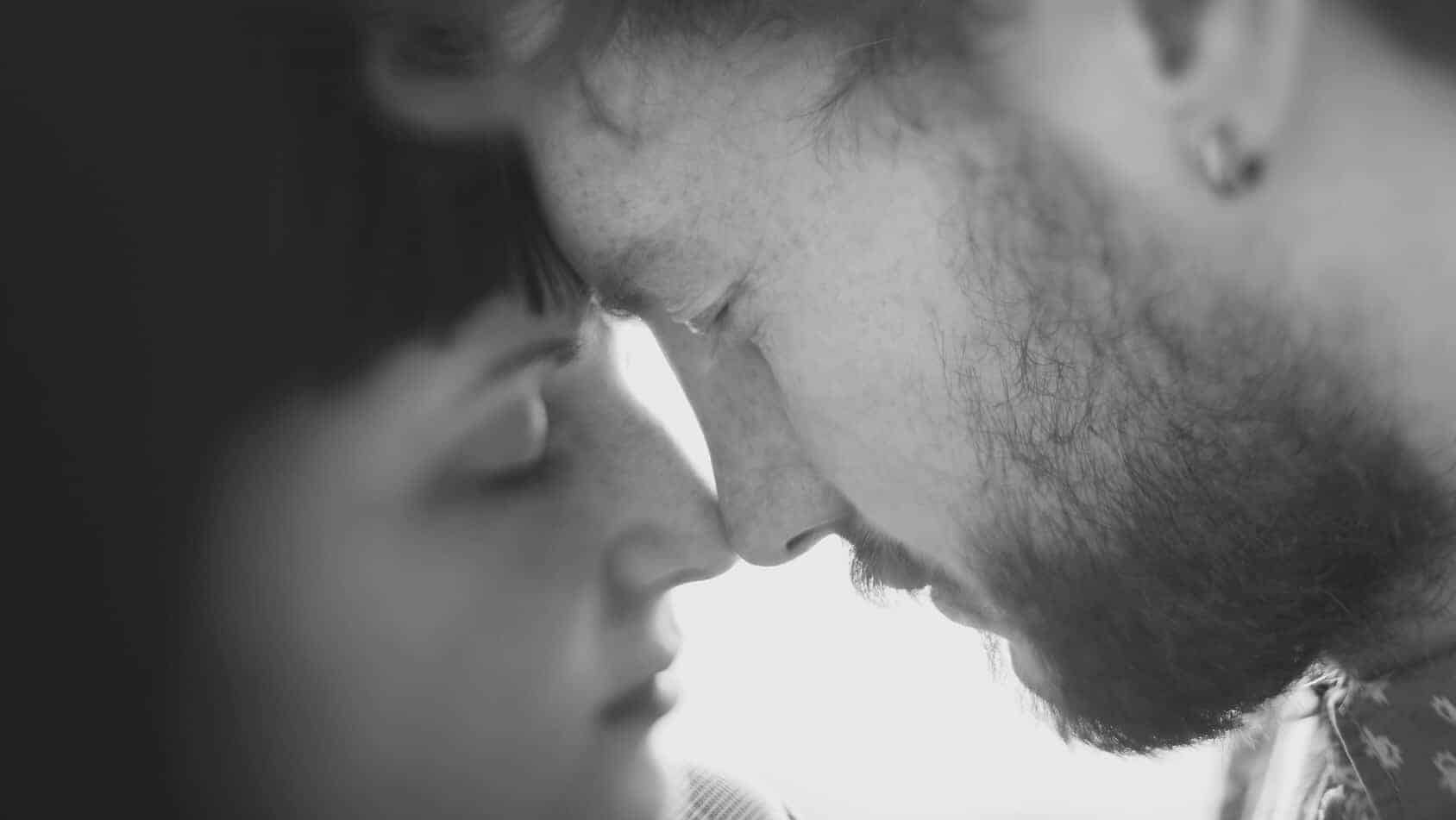“Someone emotionally unavailable…(is) evasive, make excuses, or are just inept when it comes to talking about feelings or the relationship. Some use anger, criticism, or activities to create distance. You end up feeling alone, depressed, unimportant, or rejected.” – Darlene Lancer
Being in a relationship with someone who is emotionally unavailable is sort of like being the kid who can’t quite reach a toy on the shelf no matter how hard they try. Maybe the parent thinks they’re playing too much, needs to get outside more, or are just tired of the noisiness.
Maybe they’re plain mean, who knows? Similarly, people with availability issues are ostensibly unreachable – and are so for a variety of reasons.
A Guarded Heart or Emotionally Unavailable?
Here is the difference.
Emotional unavailability is similar to emotional guardedness; the individual simply does not (or cannot) allocate the necessary “space” in their life for a healthy relationship.
Guarded people are an innocent victim of circumstance, such as someone who suffered abuse at the hands of a former lover, or someone who has abandonment and neglect related issues.
Then there are those people “who just aren’t ready,” and, well, haven’t “been ready” since being introduced to “dating” the opposite sex. If they enter into a relationship with someone, that ‘someone’ usually ends up experiencing a spectrum of negative emotions – and find themselves alone.
In many ways, emotional unavailability is similar to other kinds of conditions, including duration of illness. Chronically-unavailable people will likely never experience a full, sincere, and committed relationship; someone with an acute case of unavailability only requires a type of “treatment,” which can mean anything from self-improvement to psychological help.
Looking for a mutually beneficial, reciprocal, healthy, and loving relationship is a difficult task. At the risk of sounding cliché, a certain number of tangible and intangible “checkboxes” need to be ticked for a relationship to have a chance. One of the most important is availability. Will this person open themselves up? Will this person listen? And will this person give and receive love?
Here are 10 typical behaviors of the emotionally unavailable:
1. Anger and Bitterness
When the unavailable person isn’t directing anger and bitterness towards you, they’re projecting them onto someone else. Perhaps they’re verbally assaulting a waiter for bringing their food a bit late, or projecting a demanding (almost entitled) attitude when haggling over prices at the local marketplace.
Overly-guarded people carry an obvious chip on their shoulder, and are unabashed about who sees it.
2. Arrogance
It’s one thing to be confident and happy; it’s another to be cocky and pretentious. An emotionally unavailable person takes on the latter form; doing so, ironically, out of low self-esteem.
Indeed, it requires real confidence to be committed and intimate; two characteristics that do not describe the unavailable or over-guarded.
3. Controlling
While we may visualize someone controlling as overtly aggressive and dominant (which may be true), many people with control issues use emotional manipulation and other “craftier” means to get what they want. Others will guilt-trip you and make you feel inadequate.
4. Evasiveness
Being secretive and cryptic is a hallmark of the over-guarded and unavailable. This trait applies to any aspect of their life, past or present. Apparently, this unwillingness to engage in even the most fundamental of ways applies to intimacy. This makes a romantic relationship very challenging to sustain.
5. Invasiveness
When it comes to your past, however, many of the over-guarded and unavailable will be all too willing to interrogate you. They’ll ask inappropriate questions – about past relationships, sexual history, etc. – and often at the most awkward time.
6. Poor Listeners
It’s unsurprising that the arrogant individual, inept at efficient and reasonable communication, are ineffectual listeners. As someone seeking a serious relationship (or perhaps in one), it is just as important for you to listen in on any clues that may hint that the person is non-committal, among many other undesirable attributes.
7. Seeking perfection
The unguarded and unavailable intentionally seek out and exploit any perceived weaknesses in the opposite sex. If no clear weakness surfaces, their well-hidden insecurity will rise; and when this occurs, they’re likely to come up with an unfounded excuse to end the relationship.
Related article: 7 Signs Someone Is Emotionally Unavailable
8. Questionable relationship past
Odds are– if the unavailable individual is cautious – that they’ll attempt to “bury” any significant details of all past relationship failures. Therefore, pay attention to their body language and words when discussing their past; by doing so, you may find that the unavailable person “quits” at the moment intimacy is supposedly at or near its peak.
9. Untimeliness
Many guarded individuals do not hesitate to ramp up the drama when things are going right. Just when the kind-hearted person believes that the relationship is about to progress, the inherent doubt within an unavailable person makes an appearance. Make no mistake, this is not a coincidence – it is a deliberate act of romantic defiance.
10. Sudden Seduction
Cautious as an unavailable person may be, they do have their weaknesses (many of which have been already noted). One such weakness is a tendency to exhibit sexuality or intimacy immaturely. This method of seduction does not indicate authentic interest; instead, it is a way to draw someone in close, earn a (mistaken) sense of trust. Only to repeat their devious relationship cycle.
References:
Benoit, A., Ph.D. (2015, June 1). 20 Signs Your Partner Is Controlling. Retrieved March 27, 2017, from https://www.psychologytoday.com/blog/friendship-20/201506/20-signs-your-partner-is-controlling












 Community
Community

